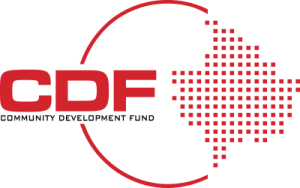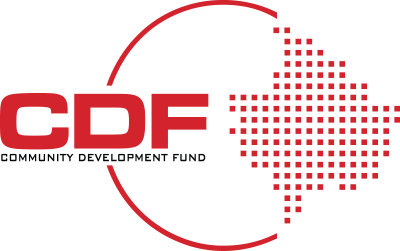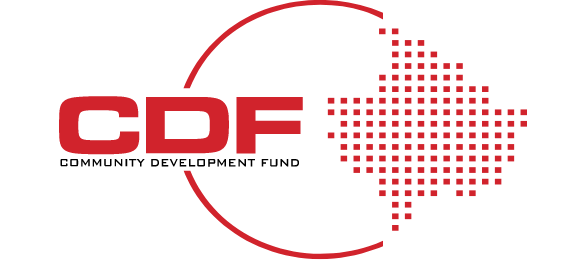Navigating the labyrinthine corridors of legal obligations and financial accountability is a quintessential endeavor for any MSME in Kosovo. The Law on Accounting doesn’t merely serve as a regulatory framework but as a fulcrum that balances your enterprise’s financial integrity and public credibility. This article elucidates the key provisions of Kosovo’s Law on Accounting, delineates its relevance for MSMEs, and provides pragmatic guidance for compliance.
The Essence of the Law on Accounting
Kosovo’s Law on Accounting outlines the obligations, standards, and practices that companies must adhere to in their accounting operations. It was enacted to foster transparency, ensure compliance, and promote a more robust economic environment.
Key Components:
- Financial Reporting: The law mandates the preparation and submission of annual financial statements.
- Auditing: Certain types of MSMEs may be required to undergo an external audit.
- Record-Keeping: All financial transactions must be recorded and archived for a specified period.
Implications for MSMEs
Financial Statements
The law necessitates the creation and submission of financial statements. MSMEs must exercise meticulousness in preparing income statements, balance sheets, and cash flow statements, aligning them with both local and international accounting standards.
Example: A local tech startup in Prishtina must provide an accurate representation of its expenditures and revenues, abiding by accounting principles such as the accrual basis of accounting.
Auditing Requirements
While not all MSMEs are subject to mandatory audits, those with a specific turnover threshold are. This can often be a complex process requiring specialized expertise.
Example: An agricultural MSME in Peja with an annual turnover exceeding €700,000 is obliged to undergo an external audit.
Record-Keeping
The law obligates businesses to maintain precise records of all financial transactions, which must be archived for a minimum of ten years. This is indispensable for tax compliance and potential audits.
Example: A small retail business in Gjakova must keep all invoices, receipts, and tax documents well-organized and easily accessible.
Complying with the Law on Accounting
- Adopt Accounting Software: Consider utilizing accounting software that is compliant with Kosovo’s financial reporting requirements.
- Engage Qualified Accountants: Either hire an in-house accountant with proficient knowledge of Kosovo’s accounting laws or outsource the accounting functions to a reputable firm.
- Continuous Education: Stay abreast of any amendments to the accounting laws and undergo regular training.
- Internal Audits: Periodically conduct internal audits to ensure compliance and readiness for potential external audits.
Compliance with Kosovo’s Law on Accounting is not merely a legal mandate but an operational imperative for MSMEs. Adhering to this law not only mitigates financial risks but also elevates your business in the eyes of investors, regulators, and the market at large. Therefore, understanding and complying with this law should form an integral part of your MSME’s strategy for long-term success and sustainability.








